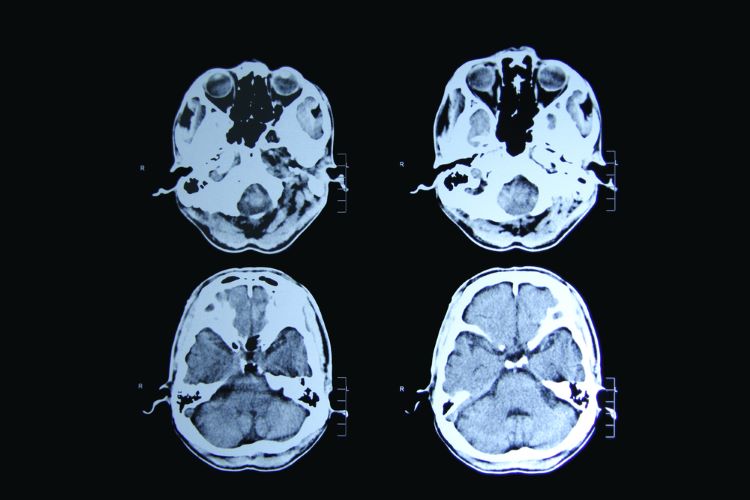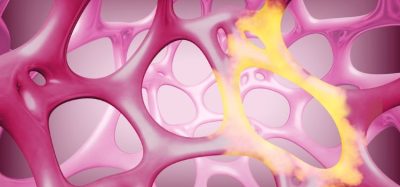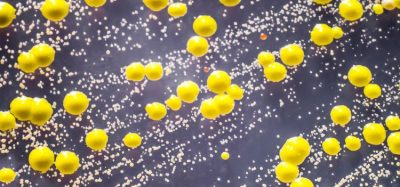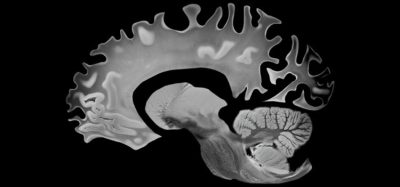One-time gene therapy could “transform” Huntington’s treatment landscape
Posted: 25 September 2025 | Catherine Eckford (European Pharmaceutical Review) | No comments yet
uniQure’s positive topline data “are the most convincing in the field to date” and indicate the gene therapy’s potential disease-modifying effects.


For the first time, Huntington’s disease, a rare inherited neurodegenerative disorder has been successfully treated in a clinical trial.
A single, high-dose of uniQure’s gene therapy AMT-130 enabled participants’ disease to slow by 75 percent at 36 months, according to new topline data from its pivotal phase I/II study.
The gene therapy contains a genetically altered virus containing DNA which when administered into the striatum (caudate and putamen) in the brain, results in lower levels of the mutated huntingtin protein, which would otherwise kill neurons.
Advancing precision-delivered gene therapies for neurological disorders
Cerebrospinal neurofilament light protein (CSF NfL) levels are a recognised marker of neurodegeneration. Elevated levels of CSF NfL have been shown to be strongly associated with greater clinical severity of Huntington’s disease, uniQure stated.
Dr Sarah Tabrizi, PhD, Director of the University College London Huntington’s Disease noted that the gene therapy provided “statistically significant effects on both cUHDRS and TFC at 36 months, supported by mean CSF NfL remaining below baseline”.
Overall, AMT-130 was generally well-tolerated in the 29 patients in the trial, the investigators found. Of these, 12 patients per dose group had attained 36 months of follow up.
Dr Tabrizi explained that this new data “are the most convincing in the field to date and underscore potential disease-modifying effects in Huntington’s disease, where an urgent need persists”.
[these topline findings provide]… important evidence supporting one-time, precision-delivered gene therapies for the treatment of neurological disorders”
Dr Walid Abi-Saab, Chief Medical Officer of uniQure, explained that these topline findings “reinforce our conviction that AMT-130 has the potential to fundamentally transform the treatment landscape for Huntington’s disease, while also providing important evidence supporting one-time, precision-delivered gene therapies for the treatment of neurological disorders”.
The company plans to discuss the data with the FDA at the pre-biologics license application (BLA) meeting later this year, “with the goal of submitting a BLA in the first quarter of 2026”, Dr Abi-Saab shared.
A fourth US-based cohort, part of the two phase I/II clinical studies in the gene therapy’s clinical programme, is currently enrolling up to six patients with lower striatal volumes compared to participants from previous cohorts, to evaluate high-dose AMT-130.
Related topics
Biopharmaceuticals, Clinical Development, Clinical Trials, Data Analysis, Drug Development, Drug Safety, Gene therapy, Industry Insight, Proteins, Rare diseases, Therapeutics









